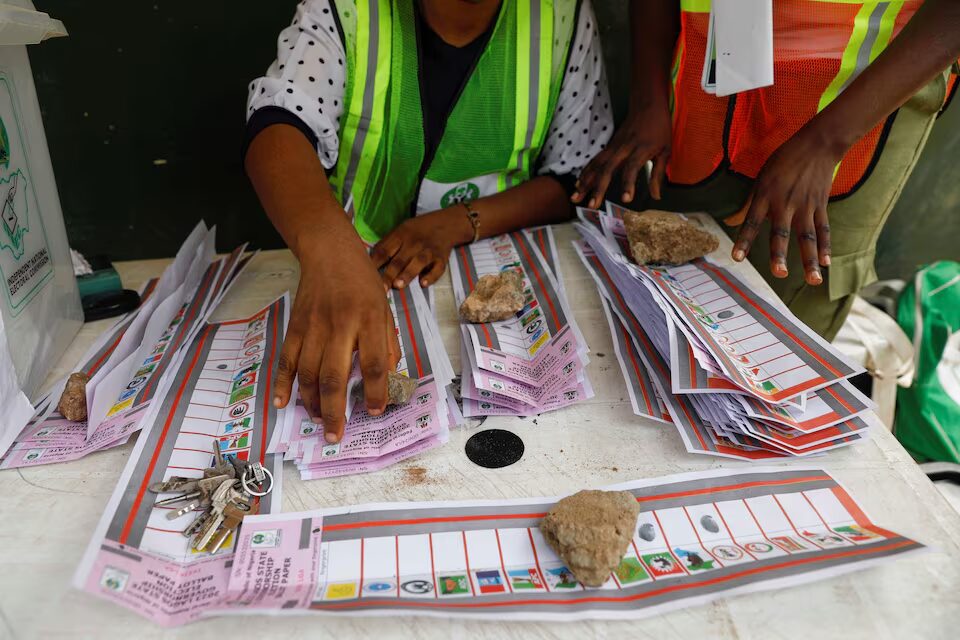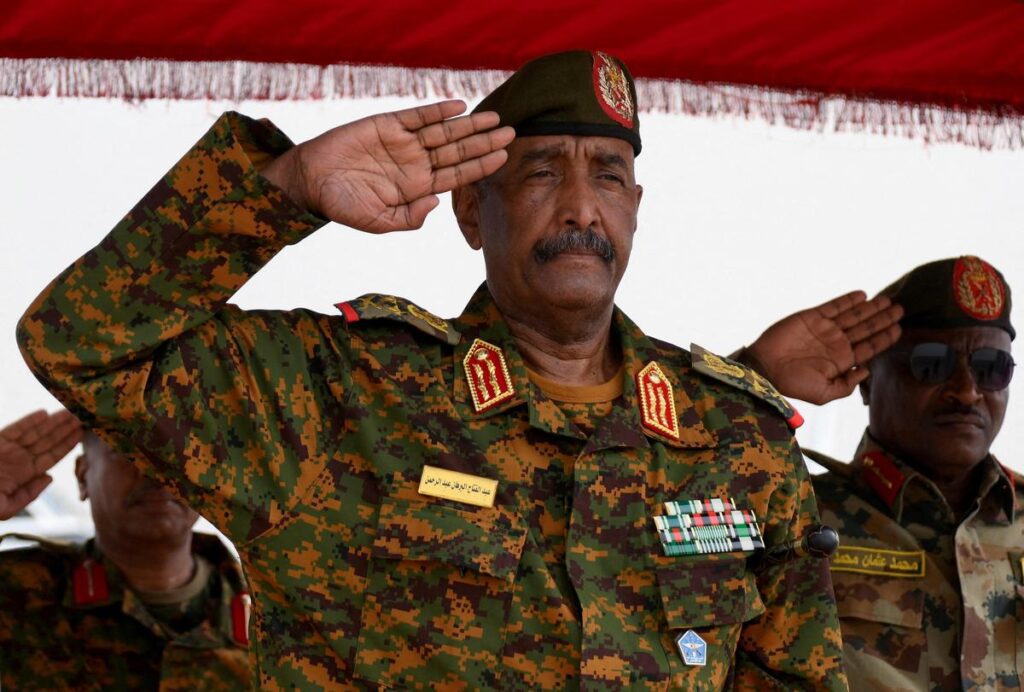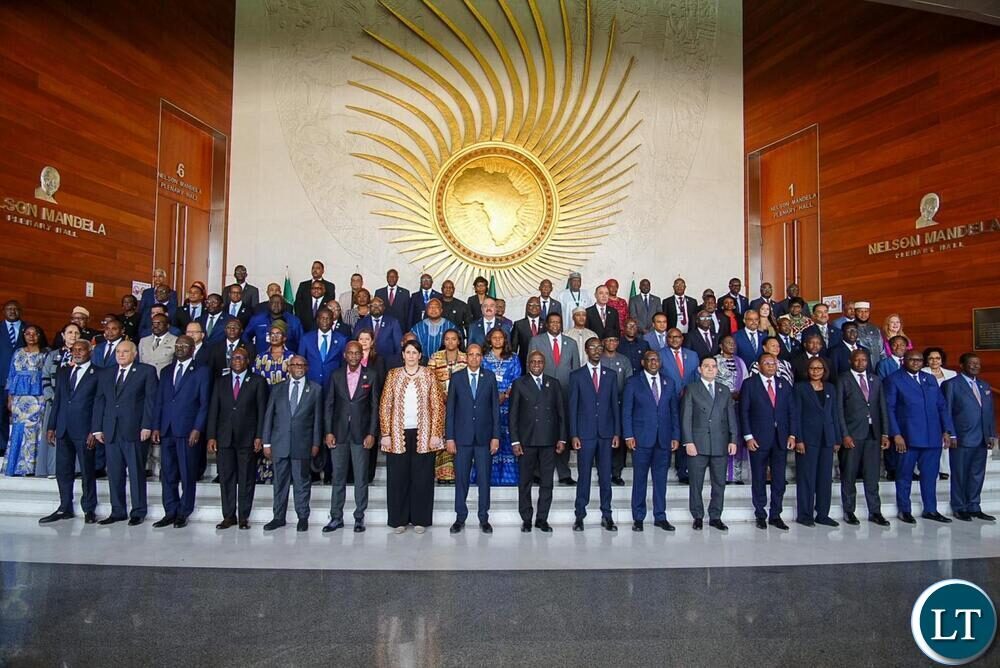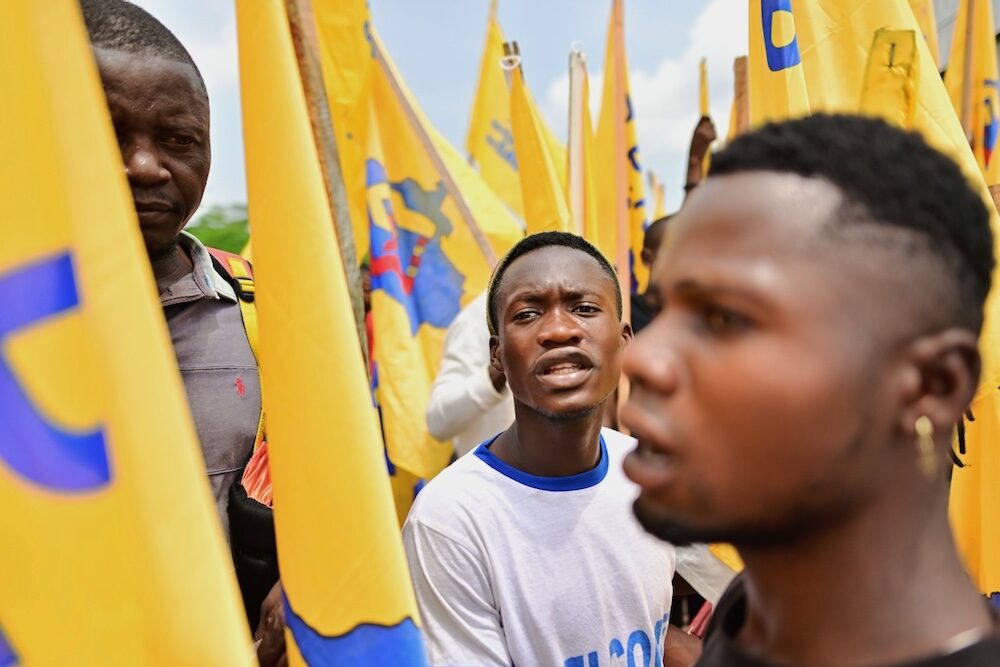
Tuesday 25th November 2025

by inAfrika Newsroom
Sudan’s army chief has rejected a Sudan ceasefire proposal drafted by US-led mediators, calling the plan “biased” and unacceptable. General Abdel Fattah al-Burhan accused the mediators of trying to impose terms that would weaken the Sudanese Armed Forces while leaving the rival Rapid Support Forces (RSF) in place.
In a video released by the army, Burhan said the proposal would “eliminate the armed forces” and dissolve security agencies without addressing RSF positions. The RSF, which has fought the army since April 2023, had reportedly accepted the draft deal after capturing the strategic city of El Fasher, where it faces accusations of systematic atrocities.
The Sudan ceasefire proposal came from a “quad” group that includes the United States, Egypt, Saudi Arabia and the United Arab Emirates. However, Sudanese army officials have repeatedly criticised the UAE, accusing it of backing the RSF with weapons and funds. The rejection further dims hopes for a quick end to a war that has killed thousands, displaced millions and pushed parts of the country toward famine.
Regional diplomats say mediators now face a harder task as trust between the parties erodes. They fear that both sides may interpret the latest setback as a reason to pursue battlefield gains instead of compromise.
Meanwhile, humanitarian agencies continue to warn that aid access remains patchy and dangerous. They argue that even a limited ceasefire linked to the Sudan ceasefire proposal could have created vital space for relief corridors.
Why it matters for Africa
The Sudan ceasefire proposal matters for Africa because Sudan’s war threatens to destabilise the Horn of Africa and the Sahel at the same time. Fighting has already spilled into border regions and pushed refugees into Chad, South Sudan, Egypt and beyond. Continued conflict also disrupts trade routes along the Nile and Red Sea corridors that many neighbours depend on. If diplomacy keeps failing, armed actors across the region may conclude that force works better than negotiation. A credible ceasefire backed by balanced guarantees would not solve every issue, but it would offer breathing room for civilians and for a regional political process.


